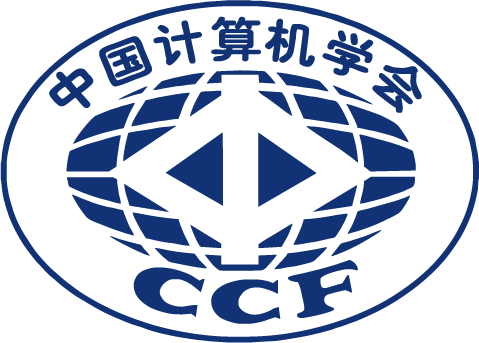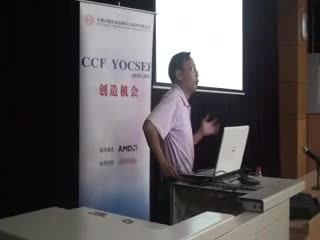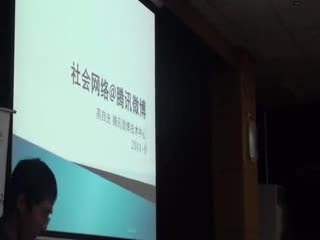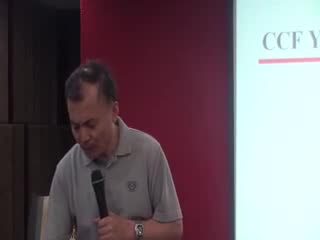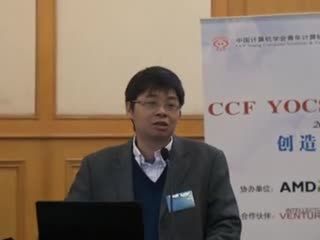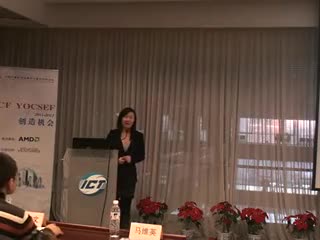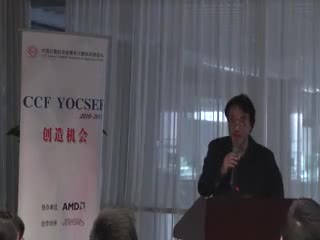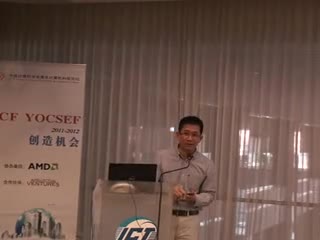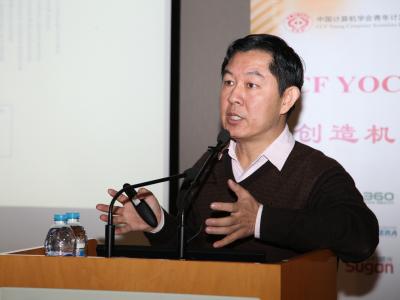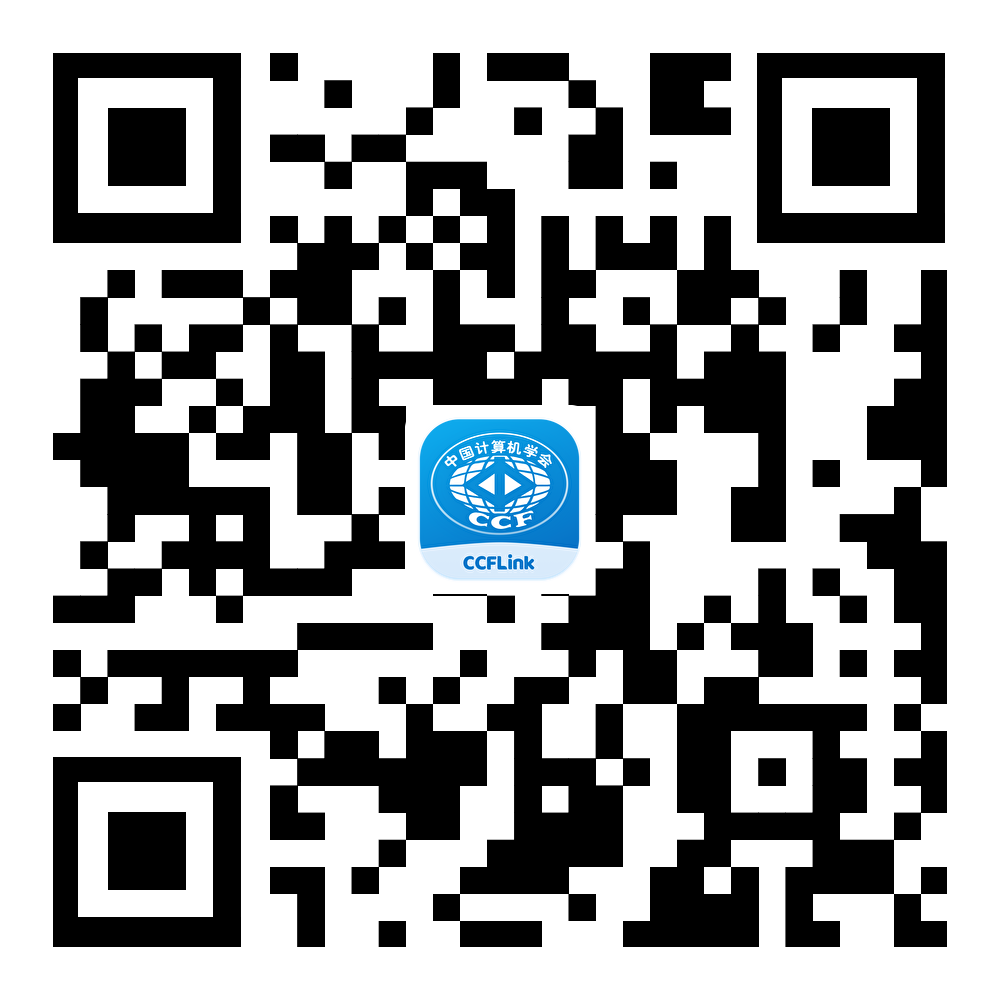中国计算机学会青年计算机科技论坛大连分论坛
CCF Young Computer Scientists & Engineers Forum
CCF YOCSEF大连
于2016年6月14日(星期二) 9:00-11:30
在辽宁师范大学西山湖校区计算机与信息技术学院521会议室举行
学术报告会,敬请光临
论坛主题
“决策中的词计算方法”学术报告会
主办单位
中国计算机学会青年计算机科技论坛大连分论坛(CCF YOCSEF大连)
中国计算机学会大连分部
辽宁师范大学计算机与信息技术学院
程 序
8:45 签到
9:00 Challenges of Computing With Words in Decision Making
特邀讲者:Luis Martínez University of Jaén(西班牙哈恩大学)教授
10:10 How to Manage Consensus Reaching Processes in Large Scale Group Decision Making
特邀讲者:Luis Martínez University of Jaén(西班牙哈恩大学)教授
11:10 学术交流
11:30 报告会结束
执行主席
邹 丽 辽宁师范大学计算机与信息技术学院计算机工程系主任、副教授
CCF YOCSEF大连学术委员
宋传鸣 辽宁师范大学计算机与信息技术学院副教授
CCF YOCSEF大连学术秘书
参加人员:IT领域专业人士、研究生、媒体、其他有兴趣者
报名方式:请于6月13日21:00前联系学术秘书宋传鸣老师:chmsong@163.com。
报告会简介
The concept of computing usually implies calculation processes either by mathematical means of numbers and symbols or by a computer. Paying attention to computing processes done by human beings, it is remarkable that they employ mostly words in computing and reasoning, arriving at results linguistically expressed from linguistic premises. Hence, CW applies the same view to their computing processes aiming at obtaining linguistic outcomes from linguistic inputs. Because words have fuzzy denotations when they are used by human beings, the paradigm of Computing with Words was clearly stated as a branch of fuzzy logic by Zadeh in which CW was defined as “A methodology in which words are used in place of numbers for computing and reasoning.” Later on, Zadeh in added that “CW is a methodology in which the objects of computation are words and propositions drawn from a natural language.”
Decision makers involved in complex decision making problems usually provide information about their preferences by eliciting their knowledge with different assessments. Usually, the complexity of these decision problems implies uncertainty that in many occasions has been successfully modeled by means of linguistic information, mainly based on fuzzy based linguistic approaches. However, classically these approaches just allow the elicitation of simple assessments composed by either one label or a modifier with a label. Nevertheless, the necessity of more complex linguistic expressions for eliciting decision makers’ knowledge has led to some extensions of classical approaches that allow the construction of expressions and elicitation of preferences in a closer way to human beings cognitive process. This talk will provide an overview of the broadest fuzzy linguistic approaches used for CW in Decision Making and some challenges that future proposals should achieve to improve complex linguistic modelling in decision making.
报告人简介:
Luis Martínez received the M.Sc. and Ph.D. degrees in Computer Sciences, both from the University of Granada, Spain, in 1993 and 1999, respectively. Currently, he is Full Professor of Computer Science Department and Head of ICT Research Centre at the University of Jaén. His current research interests are linguistic preference modelling, decision making, fuzzy logic based systems, computer aided learning, sensory evaluation, recommender systems and electronic commerce.
He co-edited nine journal special issues on fuzzy preference modelling, soft computing, linguistic decision making and fuzzy sets theory and published more than 60 papers in journals indexed by the SCI as well as 30 book chapters and more than 100 contributions in International Conferences.
He is member of the European Society for Fuzzy Logic and Technology, IEEE. Co-Editor in Chief of the of the International Journal of Computational Intelligence Systems and an Associated Editor of the journals IEEE Transactions on Fuzzy Systems, Information Fusion, the International Journal of Fuzzy Systems, Journal of Intelligent & Fuzzy Systems, the Scientific World Journal, Journal of Fuzzy Mathematics and serves as member of the journal Editorial Board of the Journal of Universal Computer Sciences. He received twice the IEEE Transactions on Fuzzy Systems Outstanding Paper Award 2008 and 2012 (bestowed in 2011 and 2015 respectively).
